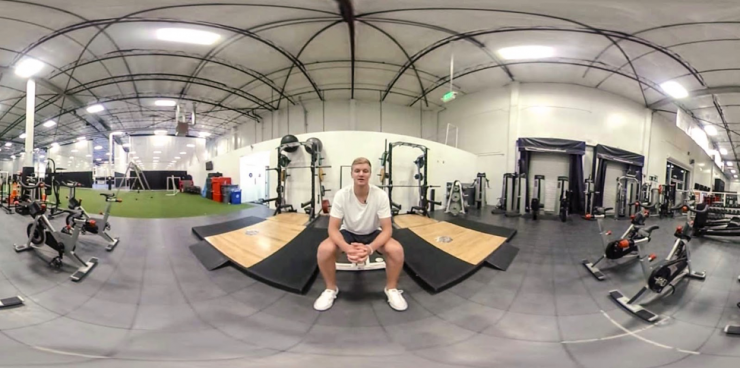CrashCourse materials informed by Stanford Student Research
As a social nonprofit, TeachAids drives impact through developing innovative health education products and engaging communities of talented and passionate youth. Each year, TeachAids hosts a cohort of bright and passionate interns and provides them with a practical toolkit of research and communication skills that they can use in their scholastic endeavours and beyond. Many of them are introduced to TeachAids through a winter quarter course at Stanford taught by TeachAids founder, Dr. Piya Sorcar, where students are trained in TeachAids’ award-winning methodology. Interns and fellows are further supported in their learning journeys, with opportunities for independent research, while also getting incredible resources and support from over 100 top advisors in the fields of athletics, engineering, medicine, social entrepreneurship, and more.
TeachAids attracts students with diverse backgrounds, experiences, and interests. Today, we’re sharing the story of one of these students: Christine Chen. Originally part of the Stanford class of 2017, Chen postponed her graduation to work with TeachAids. She will finish her B.S. in Human Biology this year before attending University of Texas, Southwestern in Dallas, for which she received a full, merit-based academic scholarship. Chen first began volunteering for TeachAids in 2016 and has since helped in the research and development process for TeachAids’ CrashCourse products as an intern and full-time research analyst. In the summer of 2018, she completed her honors’ thesis and discovered key qualitative data points about user engagement in concussion education materials.
Specifically, her honors thesis focused on two questions: who would young athletes trust to teach them about concussions, and would Virtual Reality enhance athlete’s engagement with the materials. Interviewing 50 male high school athletes in California, she found that high school athletes trusted the near-to-peer speaker more than the doctor. One student commented: “The player just…. he has a bigger impact. The things he said, it resonated more than what the doctor said.” The surveyed athletes also remarked on how watching content in VR felt like physically being there. When shown materials in VR and on a laptop, students felt that the VR “was more in-person. It feels like they’re just talking to you.” This helped remove outside distractions that students might encounter while watching videos on a laptop. Both of these insights have shaped key design decisions for CrashCourse.
TeachAids is eternally grateful for the hundreds of inspiring students such as Chen, who have invested tirelessly in TeachAids. It is through their engagement and support that we hope to reach over 100 million children, parents, and coaches worldwide with these concussion education materials.

I have the immense pleasure of working alongside Christine Chen for two years. NEVER in my 58 years in education have I had the pleasure of working with a more professional, compassionate and incredible person. Her presence lights up the room, and she is immensely thorough and efficient! She makes everyone around her better!! Thank You, Christine, for all you have given so many, including me . . .